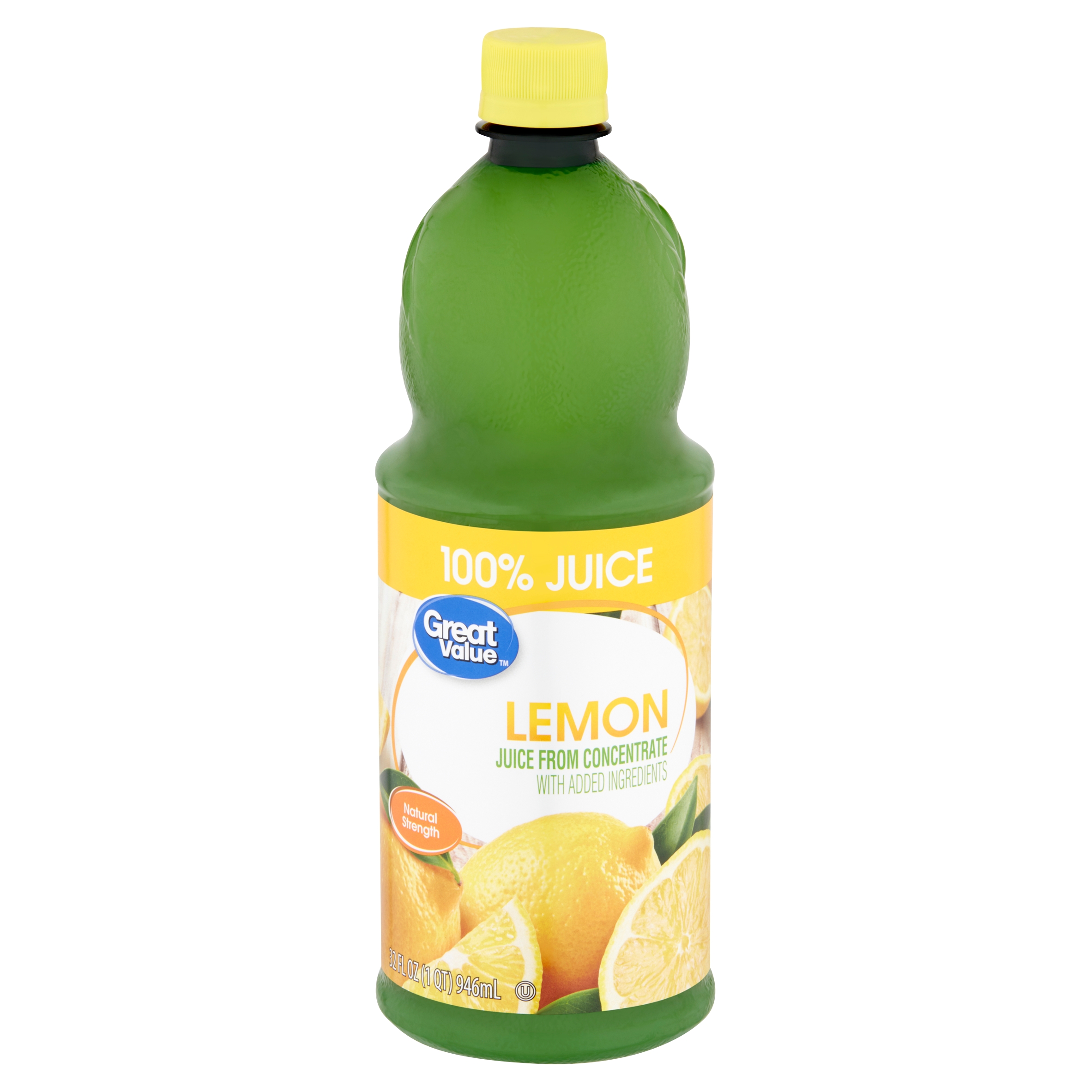Is 100% LEMON JUICE FROM CONCENTRATE, LEMON Gluten Free?

Description
100 lemon juice from concentrate lemon, also known as ReaLemon, is a 100% real lemon juice made from concentrate. It has been a trusted brand since 1934, known for its quality. This lemon juice is versatile and can be used in various ways. It is great for adding a refreshing lemon flavor to seafood and poultry recipes, as well as in marinades. Additionally, ReaLemon can brighten up beverages. While no specific information about what people say about the product is provided, its long history and reputation as a quality lemon juice suggest that it is well-regarded by consumers. Overall, 100 lemon juice from concentrate lemon offers a convenient and reliable option for adding the taste of real lemons to a variety of dishes.

Description
100 lemon juice from concentrate lemon, also known as ReaLemon, is a 100% real lemon juice made from concentrate. It has been a trusted brand since 1934, known for its quality. This lemon juice is versatile and can be used in various ways. It is great for adding a refreshing lemon flavor to seafood and poultry recipes, as well as in marinades. Additionally, ReaLemon can brighten up beverages. While no specific information about what people say about the product is provided, its long history and reputation as a quality lemon juice suggest that it is well-regarded by consumers. Overall, 100 lemon juice from concentrate lemon offers a convenient and reliable option for adding the taste of real lemons to a variety of dishes.
Ingredients
LEMON JUICE FROM CONCENTRATE (WATER, LEMON JUICE CONCENTRATE), SODIUM BENZOATE AND SODIUM METABISULFITE (PRESERVATIVES), LEMON OIL.
What is a Gluten Free diet?
A gluten-free diet excludes all foods containing gluten, a protein found in wheat, barley, rye, and their derivatives. It's essential for people with celiac disease, gluten intolerance, or wheat allergy, as consuming gluten can trigger inflammation and digestive issues. Common gluten-containing foods include bread, pasta, cereals, and baked goods, though many gluten-free alternatives now exist using rice, corn, or almond flour. Beyond medical necessity, some people choose a gluten-free lifestyle for perceived health benefits, though experts emphasize the importance of maintaining a balanced diet rich in fiber, vitamins, and minerals when eliminating gluten-containing grains.


